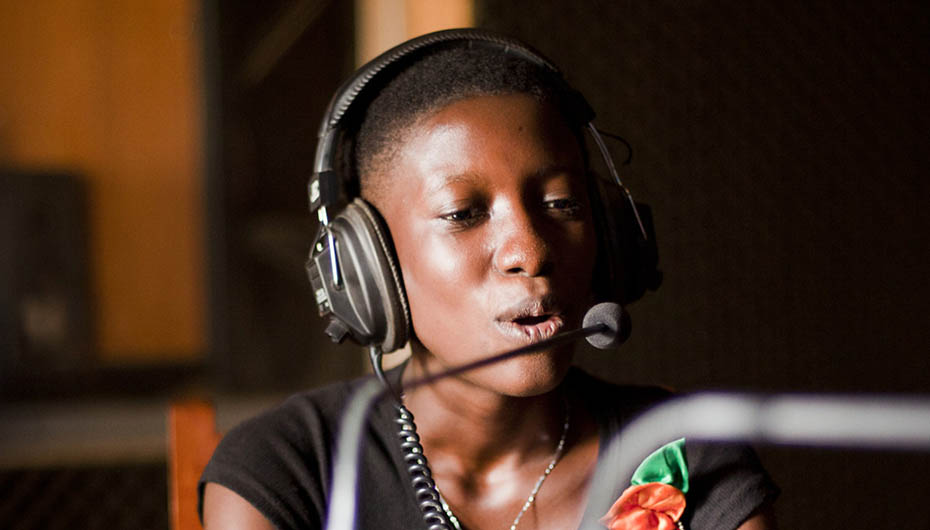Media Centre - Media release - 12 November 2019
Landmark defamation ruling sends powerful message to girls dreaming of a life in politics

Plan International Australia CEO Susanne Legena has today congratulated Sarah-Hanson Young for winning her defamation case, saying the judgement sends ‘an incredibly powerful message to girls that poor treatment of women in political life will not be tolerated’.
The judgement coincides with a new survey released by Plan International Australia – the charity for girls’ equality – that found 90% of girls and young women polled say female politicians are not treated fairly compared to their male counterparts. This was compared to 37% of young men surveyed.
The polling has been released today, as the Federal Court has ruled that Senator David Leyonhjelm did defame Senator Hanson-Young last year, after commenting on her sexuality and portraying her as a misandrist.
Senator Hanson-Young named Plan International Australia as one of two organisations that would share any damages awarded to her out of respect for its mission to end harassment, abuse and inequality for girls and young women in Australia and internationally.
Ms Legena said Plan International Australia, whilst non-partisan, is pleased Greens Senator Sarah Hanson-Young has recognised the organisation’s work to eliminate sexism from politics in Australia.
She described Ms Hanson-Young’s defamation win is a sorely needed “watershed moment” for the fight to rid politics of sexism.
“It’s deeply concerning but not surprising that most Australian girls think women politicians aren’t treated equally in this country, given the dreadful sexist behaviour they see in our Parliament,” said Ms Legena.
“Our research finds girls become increasingly cynical of sexism in politics as they grow older – just 9% of young women aged 22 to 25 think women receive equal treatment in politics, versus 33% of men in that age group.
“This survey supports research we did with young women in 2017 that found not a single one of them wanted to become a politician. Is it any wonder why? Girls are growing up in Australia seeing women in politics, and in other public spaces, being judged on their looks, and belittled for their sexuality and gender.
“This is bad news for all of us, because it discourages girls from pursuing politics or other positions in the public eye, effectively pushing them out of public spaces and silencing their voices.
“We are sorry that Senator Hanson-Young had to relive the awful slurs thrown at her through this process, but the silver lining is that her bravery in highlighting this awful behaviour and confronting the person who perpetrated it head-on, sends a strong message that sexism must never be tolerated, in the Senate and out in the wider community. That will mean a lot to girls watching at home.”
Plan International Australia’s survey of 314 boys, men, girls and women also found:
- Three-quarters of young women say it’s harder for women to become politicians (versus 57% of young men). Most young women (77%) also think female politicians are treated unfairly by the media and also by their male counterparts (70% said this was the case).
- Two-thirds of young women say that female politicians are regularly talked over (67%).
- Young women care about politics and their interest increases as they grow older – from just 37% for the 15-17 age group, to 51% by the time they are 18-21, and 58% for the 22-25 age group. Contrastingly, males’ interest remained fairly consistent across age groups.
- Views on family commitments were starkly different between the sexes. Men and boys were twice as likely to agree with the statement ‘women should focus on family life before political life’, at one in three (32%) versus on in five young women (18%).
- The younger age group, 15-17, had the most significant difference of opinion for this question, with 46% of teenage boys agreeing that women need to focus on family versus only 10% of teenage girls.
- Young women were twice as likely to believe sexism is a big problem in Australian society in general (44% agreed this was the case, compared to 23% of young men).
Media contacts


